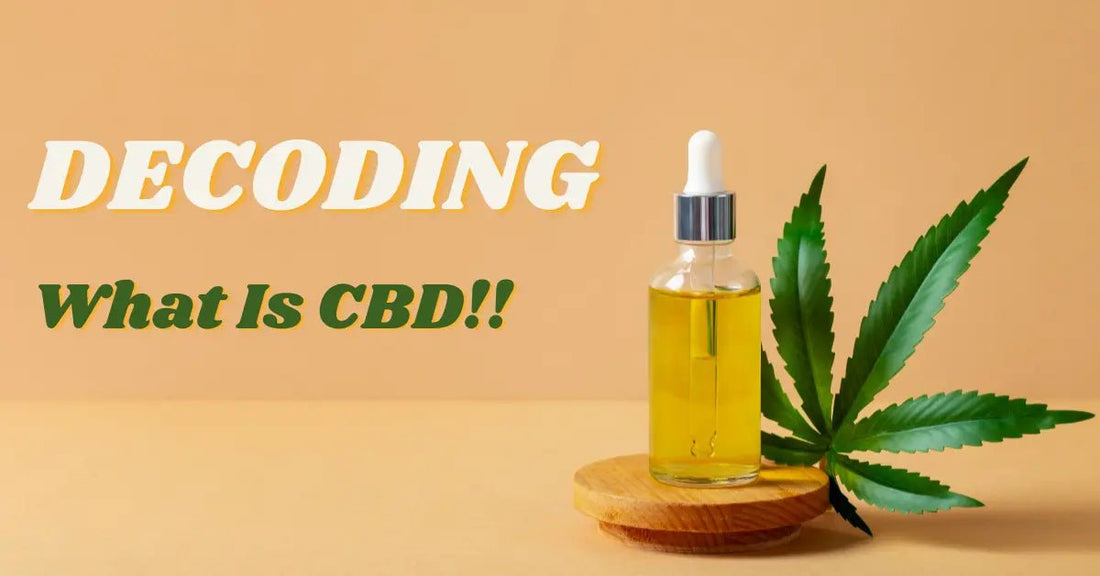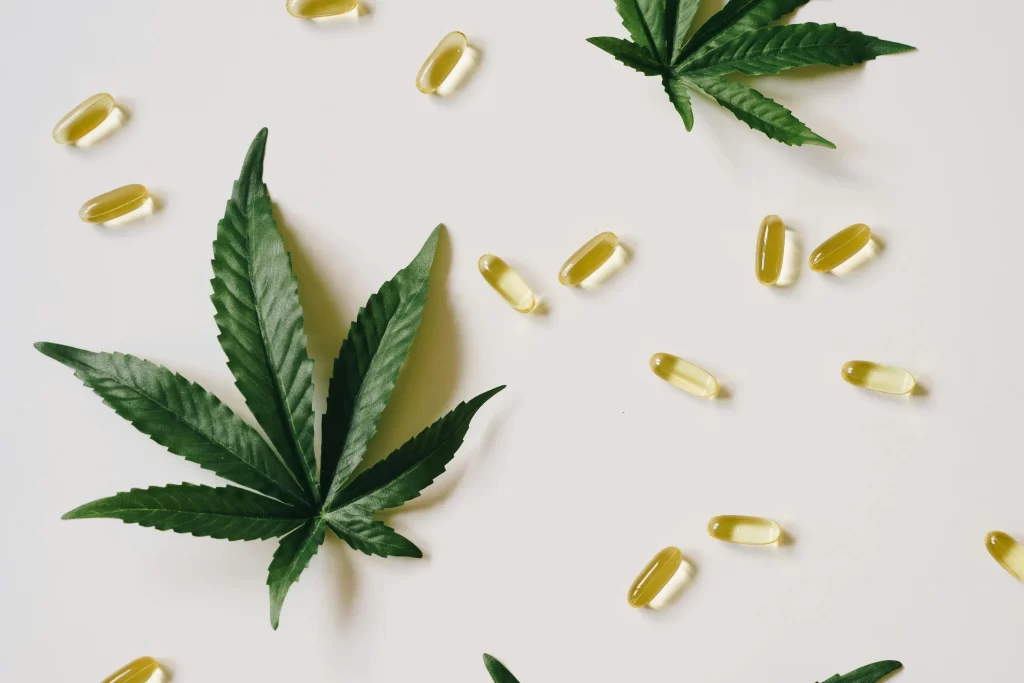
Decoding CBD: What Is CBD, Full Form, Benefits, And Medical Abbreviation.
Have you ever heard of CBD? If not, we are here to help you out. In this blog, we have tried to briefly explain what CBD is, what you need to know about it, and, most importantly, the uses and benefits of CBD. Stay with us and keep reading to learn more.
Table of Contents
What is CBD? Let’s Understand
Whenever anyone hears the word CBD, a quick question arises: What is CBD? CBD, or, as we can say, cannabidiol, is a compound found in cannabis sativa. Cannabis sativa consists of many compounds, known as cannabinoids, of which CBD is one.
CBD is a non-psychoactive compound, making it different from THC, which is the psychoactive compound of cannabis sativa. CBD serves numerous purposes in the health and lifestyle of an individual. It is beneficial for alleviating many health issues, both mental and physical.
What is CBD Medical Abbreviation?

CBD stands for cannabidiol, a compound found in Cannabis sativa.
There are many other compounds also found in cannabis sativa, such as CBC, CBN, CBG, THCa, and THCv, as well as naturally occurring terpenes each having their own unique qualities.
CBD Full Form:- Cannabidiol
Exploring the benefits of CBD
As we have discussed, CBD serves numerous purposes in alleviating the mental and physical health of an individual. Let’s give it a brief explanation to make things more clear.
Taking CBD for anxiety and stress: CBD has been considerably effective for people in alleviating anxiety and stress levels. CBD results in a better alternative to conventional medications available for stress relief because those medications generally have side effects associated with them.
CBD for sleep improvement: CBD elevates calmness and relaxation in people, making it easy for them to have a good quality of sleep. CBD is also helpful in alleviating some sleep-related issues.
CBD for skin: Antioxidant CBD oil benefits smoothness and reduces irritation on the skin. It also protects our skin from environmental damage and reverses skin damage, if any.
CBD as a replacement for melatonin supplements: People often resort to melatonin supplements when facing sleep problems or other mental health issues. CBD helps alleviate these issues, making it a good replacement for melatonin supplements. However, it is always advisable to consult a doctor before taking or changing any kind of medication.
CBD also serves more benefits, which we have discussed in detail in this blog. Click to read.
Types of CBD

Broadly speaking, CBD products are generally available in three different forms:
Full-spectrum CBD: Full-spectrum CBD consists of all compounds of the cannabis plant, which also includes THC and other cannabinoids.
Broad-spectrum CBD: Broad-spectrum CBD products contain mainly CBD and other compounds, but they do not contain THC. It is non-psychoactive as it does not contain THC.
Isolates: Isolates are the purest form of CBD available. It does not contain any other components of the cannabis plant.
For more information about the different types of CBD, check out our detailed blog on the types of CBD here.
Let’s summarize…
So far, we have discussed briefly about what is CBD, its usage, and what is CBD’s benefits. We have concluded that CBD, or cannabidiol, is the compound extracted from cannabis sativa. It is generally taken to alleviate some commonly found health issues, such as skin-related or sleep-related problems.
CBD products can be categorized into 3 major types: full spectrum, broad spectrum, and isolate. Full-spectrum CBD contains all the components of a cannabis plant. Isolates have only pure CBD and do have other components. The broad spectrum lies somewhere between the full spectrum and isolates, which may contain traces of components other than CBD. Usage and application of these types depend on various factors, such as the purpose for which CBD needs to be taken, the preliminary health condition, etc. However, it is always advised to consult a doctor before taking any kind of medication.
Frequently Asked Questions
1. What is CBD's medical term?
The medical term for CBD is cannabidiol. It is one of the many compounds found in Cannabis sativa.
2. What are CBD‘s different forms?
Commonly, there are three forms of CBD: full-spectrum, broad-spectrum, and isolates. The full spectrum contains all the components of the cannabis plant; isolates have only pure CBD and do not have other components, whereas the broad spectrum lies somewhere between the full spectrum and isolates.
3. Do you feel high after taking CBD?
CBD is a non-psychoactive compound found in cannabis sativa. It is different from THC, the psychoactive compound present in the plant. CBD products may contain THC, but it is limited to a content of less than 0.3% (as guided by the respected authorities), which does not cause a high.
